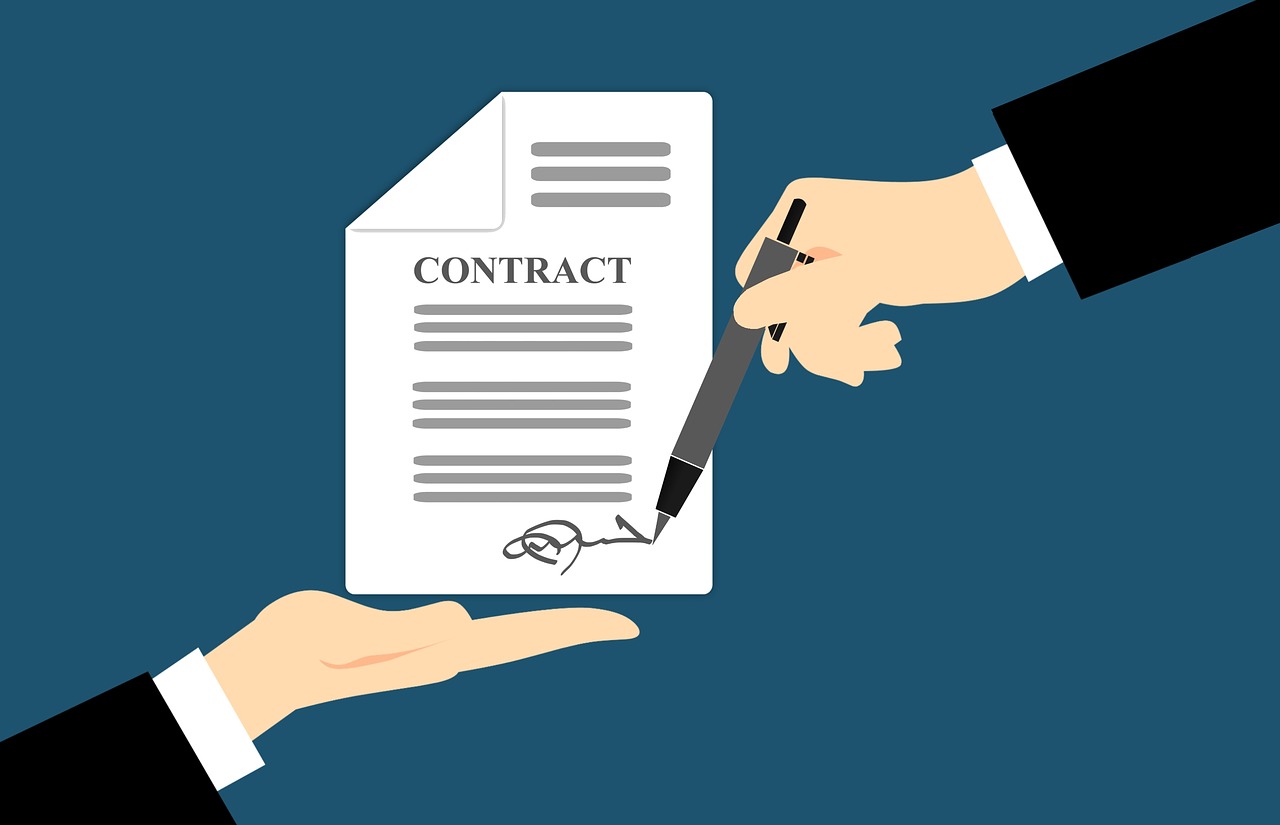Company Voluntary Arrangement (CVA)
What is it?
A CVA is a formal procedure and a statutory legal binding agreement between your insolvent company and its creditors.
This arrangement is used to enable rescue for viable businesses that need a chance to recover through a longer term arrangement of ring fencing any historical debts, potentially including some form of partial debt write off.
Usually a 2-5 year agreement, its sets out how your company can make affordable repayments to creditors and provide a better outcome than Liquidation or Administration would provide for your particular company.

HOW DO YOU DO IT?
You approach an Insolvency Practitioner to act as your ‘Nominee’. The Nominee will then work with you to produce the proposed agreement which includes the following;
- How have you got to this stage
- Value of assets, liabilities and charges
- A cash flow forecast
- Reasons why creditors should agree to the proposal
- Duration
- Any guarantees available
- Evidence that the CVA will provide a better return for creditors
This proposal is then sent to creditors inviting them to vote at a subsequent meeting.
If your company is facing extreme pressure from creditors, a moratorium can be applied for, which in turn prevents creditors or suppliers from taking any further action against you while the proposal is progressed.
Companies should allow up to 8 weeks for implementation, not including further revisions that may need to be made.
what do creditors like to see?
- Improved credit control procedures
- Deposits being taken up front to reduce risk and loss, but these being protected.
- New contracts / customers in the pipeline
- Fresh marketing ideas underway
- Assets being leased, rather than purchased
- Stronger management procedures in place
Who votes on the proposal
All unsecured creditors are invited to vote on the proposal at a creditors’ meeting which is held, usually virtually.
In order for it to be approved, at least 75% of those creditors that chose to vote, must agree by value of debt.
In additional to this, there will be a further meeting held for connected parties, such as directors and employees of which at least 50% (by value of debt) need to agree
who pays
IMPLEMENTATION
ADVANTAGES
- Whole or part of your company debts can be paid back
- The business can continue to trade whilst the Directors retain control of the company
- It can provide the time sometimes needed for restructuring or re-organisation
- Can freeze interest and charges
- Less public than other procedures which require statutory advertising
- May be able to terminate onerous contracts as part of the proposals, including leases, supply and employment contracts..
- It can be a viable option to help stop or prevent a winding up petition
DISADVANTAGES
- It may affect your company’s credit rating for 6 years
- Obtaining bank agreement can be important
- Some creditors may request alterations and amendments prior to implementation
- Secured creditors are not bound by the agreement, therefore they can still withdraw funding or push for Liquidation / Administration
- If the proposal is not agreed, you may need to consider Liquidation or Administration.
why not see who else we've helped?
01472 250001
CALL US TO ARRANGE A free consultation

